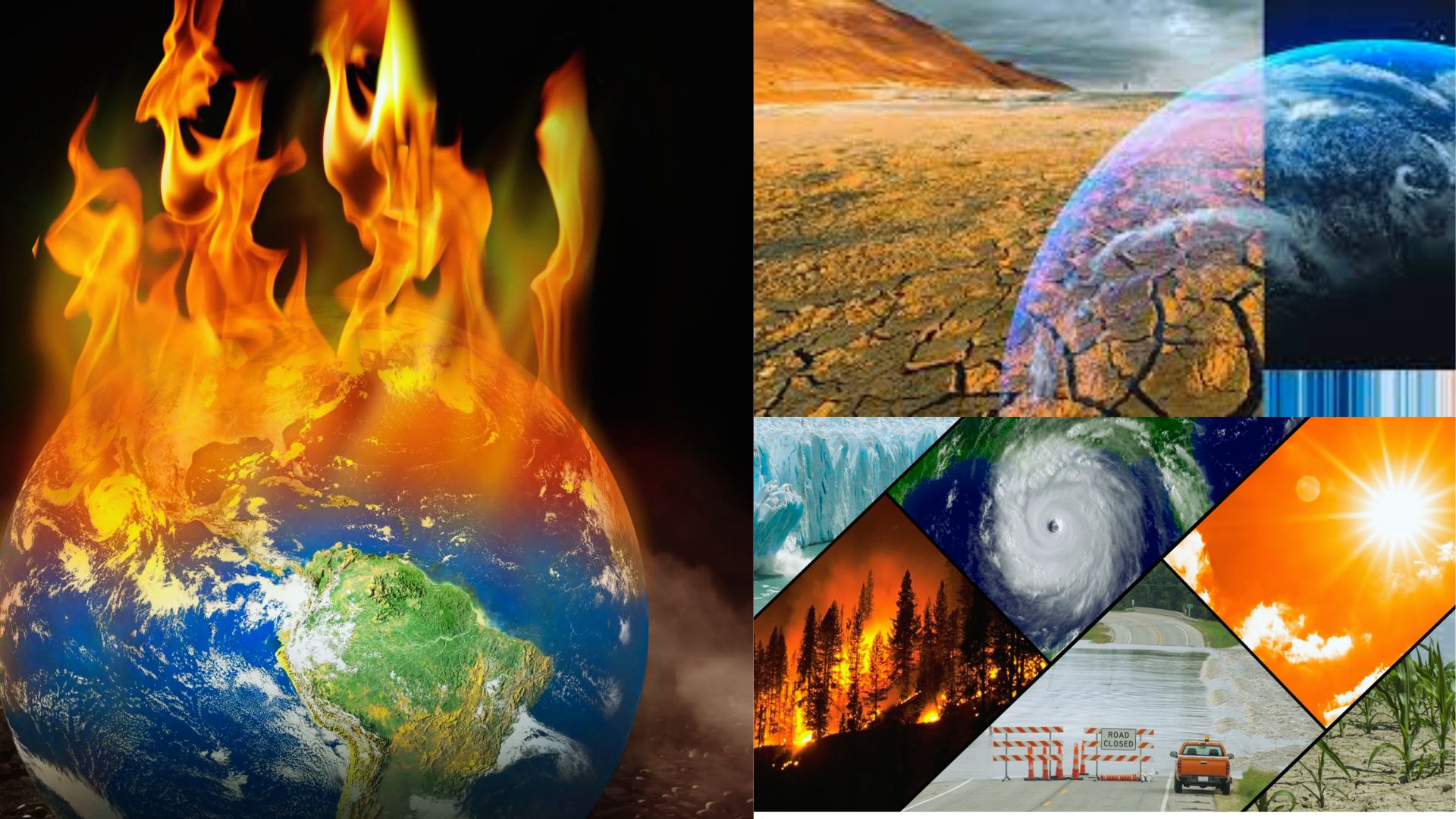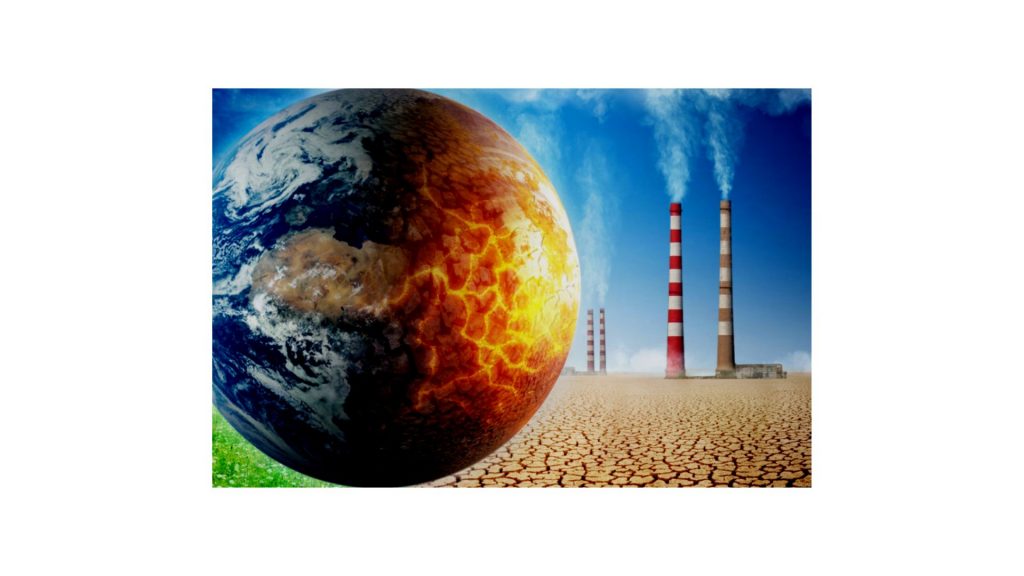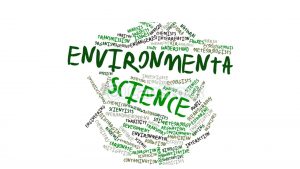

Climate change refers to the long-term alteration of global temperatures and typical weather patterns due to increased concentrations of greenhouse gases in the Earth’s atmosphere. These gases trap heat from the sun and cause global warming, which results in changes in sea levels, weather patterns, and agricultural productivity. Climate change is a complex and multifaceted issue that requires immediate attention from individuals, businesses, and governments worldwide.
The Earth’s climate has always undergone natural fluctuations, but the current rate of change is far beyond anything seen in the last several thousand years. The overwhelming majority of climate scientists agree that this rapid warming is largely due to human activities such as burning fossil fuels, deforestation, and industrial processes that emit greenhouse gases into the atmosphere.

Consequences of climate change
The consequences of climate change are numerous and far-reaching. Higher temperatures can lead to more frequent and severe heat waves, which can cause heat-related illnesses and deaths, especially among vulnerable populations. Rising sea levels threaten to inundate low-lying coastal areas, while changes in precipitation patterns can cause flooding, droughts, and wildfires. The impacts of climate change are not limited to the environment, as they can also have significant economic and social effects.
Addressing climate change requires a comprehensive and coordinated effort from all sectors of society. Individuals can take simple steps such as reducing energy consumption, using public transportation, and eating a plant-based diet to reduce their carbon footprint. Businesses can invest in renewable energy and implement sustainable practices to reduce emissions. Governments can enact policies such as carbon taxes, subsidies for renewable energy, and regulations on emissions from industry to incentivize the transition to a low-carbon economy.
International cooperation is also critical for addressing climate change. The Paris Agreement, signed by 195 countries in 2015, aims to limit global warming to well below 2 degrees Celsius above pre-industrial levels and pursue efforts to limit the temperature increase to 1.5 degrees Celsius. The agreement sets out a framework for countries to regularly report on their progress in reducing emissions and provides a platform for cooperation on climate-related research and technology development.
While there are many challenges to addressing climate change, there are also many opportunities. A transition to a low-carbon economy can create new jobs and spur innovation, while reducing dependence on fossil fuels can improve energy security and public health. Taking action on climate change is not only necessary for the long-term health of the planet but also presents an opportunity to create a more sustainable and equitable future for all.
In conclusion, climate change is a pressing issue that requires immediate action from individuals, businesses, and governments worldwide. The consequences of inaction are severe and far-reaching, but there are also many opportunities for positive change. By working together, we can mitigate the worst effects of climate change and create a more sustainable and equitable future for generations to come.
Questions
what is climate change?
Climate change refers to the long-term alteration of global temperatures and typical weather patterns due to increased concentrations of greenhouse gases in the Earth’s atmosphere. These gases trap heat from the sun and cause global warming, which results in changes in sea levels, weather patterns, and agricultural productivity. Climate change is a complex and multifaceted issue that requires immediate attention from individuals, businesses, and governments worldwide.
what are the consequences of Climate change?
The consequences of climate change are numerous and far-reaching. Higher temperatures can lead to more frequent and severe heat waves, which can cause heat-related illnesses and deaths, especially among vulnerable populations. Rising sea levels threaten to inundate low-lying coastal areas, while changes in precipitation patterns can cause flooding, droughts, and wildfires. The impacts of climate change are not limited to the environment, as they can also have significant economic and social effects.






